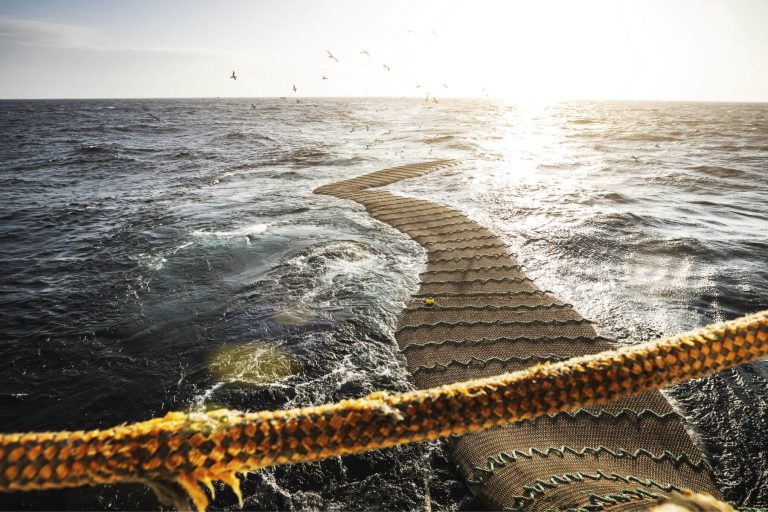Date of Issue: 31 March 2023
TIME’S UP! In December 2022, the Northeast Atlantic Coastal States announced they had set themselves a deadline, 31st March 2023, to reach an agreement on the sharing of Northeast Atlantic mackerel catch. As their own “hard deadline” passed, the negotiations ended in dismal failure with no agreement reached. What will it take for the Coastal States to work for the common good – and meet their own sustainability commitments?
There are serious problems in the Northeast Atlantic mackerel fishery – overfishing has been happening since 2009.
No concrete steps were taken to rectify the fundamental management flaws that are fuelling this overfishing and in 2019 the Marine Stewardship Council (MSC) certification was suspended from the mackerel fisheries due to poor governance and inadequate management.
In the same year, the global marketplace for seafood realised that relying on the Northeast Atlantic Coastal States to put aside their own national interests and work collaboratively to agree sustainable catch shares and end overfishing was futile. Over the last decade, negotiations between the seven parties have routinely broken down, with them instead looking to maximise their individual shares.
The North Atlantic Pelagic Advocacy Group (NAPA) was established with a very simple, and focussed aim: to use market pressure to drive the Coastal States to put aside their politics and instead collaborate to ensure that catches do not exceed sustainable levels.
By 2022 NAPA had become an unprecedented coalition of more than 60 leading retailers and supply chain businesses from across the world, united by this common problem. We have used our voice to engage with all Coastal States, have established a Fishery Improvement Project (FIP) with a 3-year deadline (to 2024) and published individual consequences of failure – ranging from reviewing sourcing to walking away.
During the annual talks held between the Coastal States last year it finally looked like some progress was being made; the parties set themselves a deadline to reach a final agreement on the sharing of mackerel quotas before 31st March 2023. If achieved, this would mean collective agreement on allocations that, when summed together, would not exceed the sustainable catch level for mackerel recommended by scientists.
Three meetings were scheduled in the first quarter of 2023 to achieve this ambitious goal. At the first meeting each of the delegations noted their commitment to reaching a sharing agreement and there was an acknowledgement that no party will get 100% of what they are asking for. However, the second meeting was back to the olds ways of finger-pointing and obduracy. The third meeting concluded on 30th March, and ended with a whimper, the report of the meeting noting the Coastal States “required more time to reach a comprehensive and inclusive set of arrangements.”
A direct consequence of this outcome is that the NAPA FIP for mackerel and herring will be downgraded to a D rating This may well have serious implications for NAPA members who have committed to only purchasing from FIPs rated A-C.
NAPA Project Lead, Dr Tom Pickerell, said:
“We had thought that Northeast Atlantic mackerel was being taken seriously by the Coastal States, and their self-imposed “hard deadline” would stimulate agreement on catch shares. But once again the market, and the consumers they serve, are left frustrated and disappointed. The obstacles are wholly political. The solution lies entirely with the Coastal States and their willingness to reach agreement. Their own lofty commitments to sustainable fishing are worthless in the face of this outcome.”
All the Coastal States catching Northeast Atlantic pelagics have agreed to uphold the Sustainable Development Goals (SDGs), including SDG 14 on ‘life below water’:
By 2020, effectively regulate harvesting, and end overfishing, illegal, unreported and unregulated (IUU) fishing and destructive fishing practices and implement science-based management plans, to restore fish stocks in the shortest time feasible at least to levels that can produce maximum sustainable yield as determined by their biological characteristics.
But these are just hollow words it seems.

Date of issue: 7 October 2021 The North Atlantic Pelagic Advocacy Group (NAPA) – a...
Read More >
The North Atlantic Pelagic Advocacy Group (NAPA) has today launched a short film as a...
Read More >
Date of Issue: 3 April 2023 The North Atlantic Pelagic Advocacy Group has released its...
Read More >